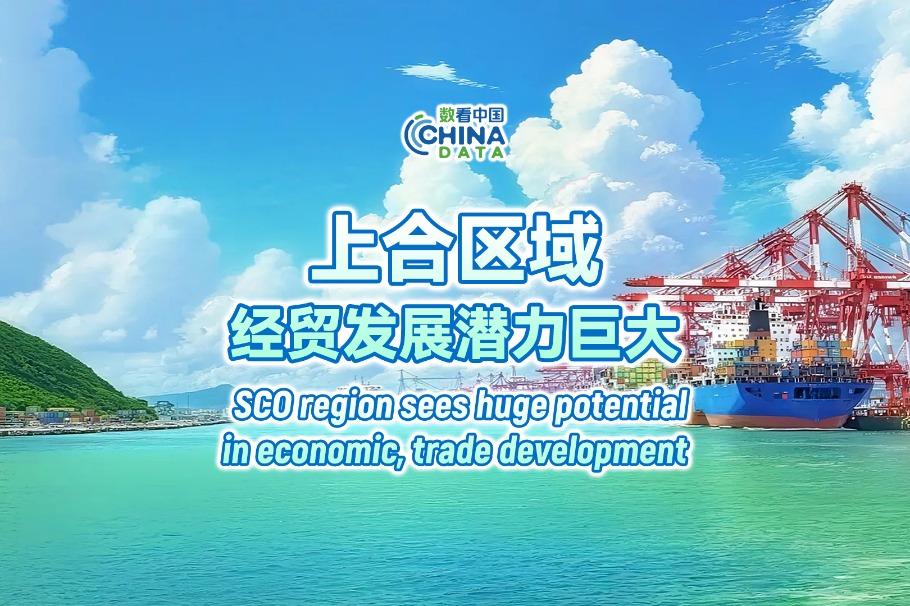Tourists enthused by visa, tax policies

China's recent expansion of its visa exemption program and its refined tax refund policy, coupled with the country's upgraded manufacturing capabilities, have sparked a surge in shopping enthusiasm among international travelers, experts said.
"The sight of foreign tourists arriving in China with empty suitcases, only to leave brimming with purchases, has become a prominent talking point," Jiang Zhao, associate researcher at the Chinese Academy of International Trade and Economic Cooperation, told China Daily.
Jiang noted that this "shopping in China" phenomenon has been fueled by a confluence of factors, including the nation's extended visa-free policies, its world-class manufacturing capabilities, and the sheer variety and value proposition of consumer goods on offer.
"Since last year, China has expanded visa exemptions for citizens from a growing number of countries, significantly facilitating international visitors' shopping experiences," Jiang said.
So far, China's 240-hour transit visa-free policy has been extended to people arriving from 55 countries, according to data released by the National Immigration Administration earlier this month.
On top of the visa-exemption, China has also fine-tuned its departure tax refund policies, in an effort to optimize its consumption environment for global visitors.
Key changes include lowering the minimum spending threshold for claiming a refund, raising the ceiling for cash refunds, expanding the number of eligible retailers and widening the scope of refundable goods.
At the heart of the new policy is a "refund-upon-purchase" model, which allows foreign tourists to claim value-added tax refunds instantly at the cash register, rather than waiting until they leave the country.
One month after the nation introduced its revamped departure tax refund policy on April 27, the number of processed refund transactions soared 116 percent year-on-year, while sales at participating stores surged 56 percent, data from the State Taxation Administration showed earlier this month.
Meanwhile, China has made significant strides in technological innovation and industrial upgrades in recent years, resulting in a remarkable improvement in the competitiveness of Chinese products, Jiang said.
Jiang noted that foreigners' shopping lists have evolved from traditional items such as silk and tea to high-value-added products such as drones and smart wearables. Chinese manufacturers now offer diverse, quality goods at competitive prices.
Moreover, activities like wearing traditional Chinese attire and experiencing intangible cultural heritage tours have generated new consumption demand as foreign visitors explore Chinese culture, Jiang said.
"Moving forward, we should create more tourist-friendly commercial zones featuring multilingual signage, guides, and specialized shopping and dining maps catering to foreign visitors' preferences," Jiang said.
Additionally, promoting convergence between commerce, culture, tourism and sports can diversify consumption scenarios, ultimately elevating China's appeal as a global shopping destination, Jiang added.
Amid rising protectionism and intensifying geopolitical tensions globally, China's pursuit of a shared community for global consumption carries profound significance, Jiang said.
"It cushions protectionism and enhances global trade resilience," Jiang said. "While certain nations impose trade restrictions and advocate supply chain decoupling, which fuels trade instability, China's expanded openness helps safeguard normal international economic cooperation and trade security."




































